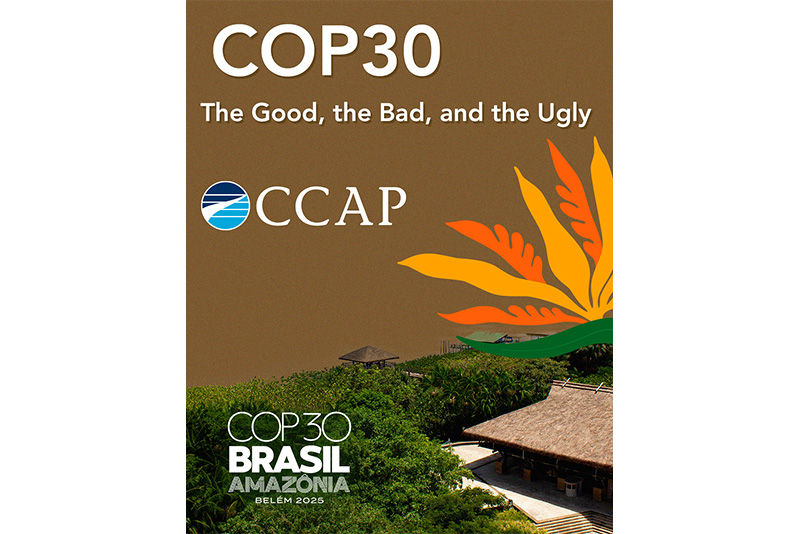Evaluation of NAMA Opportunities in Colombia’s Solid Waste Sector
- Michael Lagiglia
- Apr 9, 2013
- 2 min read
CCAP’s recently released executive summary for the report, Evaluation of NAMA Opportunities in Colombia’s Solid Waste Sector, outlines potential options for creating an integrated solid waste management system in four Colombian municipalities currently under study. This report represents the initial phase of a broader, Canadian-funded initiative to implement a nationally appropriate mitigation action (NAMA) in Colombia’s waste sector that would reduce greenhouse gas emissions and promote sustainable development.
In recent years, Colombia has made significant progress in improving core waste services such as collection, transport and disposal; current national estimates indicate that up to 94 percent of municipal solid waste is disposed of in sanitary landfills.

However, worldwide efforts to improve municipal solid waste management have focused on the development of an integrated solid waste management solution as a means to approach the process in a holistic manner, considering each facet of the sector from waste generation, to collection, to transport to transformation or treatment and finally disposal. Based on data gathered in this report, CCAP currently estimates that diverting a sixth of Colombia’s solid waste from landfills and “treating it” (through recycling, composting and creating refuse-derived fuel) could lead to a 16 percent reduction of total (direct and indirect) GHG emissions from the country’s waste sector.
CCAP’s report investigates baseline conditions and factors that influence the development of new solid waste management programs and facilities, and provides a scoping analysis that identifies system elements that could potentially be implemented. The report concluded that a Waste NAMA in Colombia should be developed based on an integrated solid waste management approach where mechanical biological treatment facilities could generate refuse derived fuel, recyclables, and/or compost depending on the local market conditions for the recoverable elements. An ongoing solid waste tariff reform process in Colombia presents a critical opportunity to align stakeholder incentives with integrated waste management goals, considering that the current tariff scheme favors landfill disposal. Through on-the-ground engagement with government officials and a research consulting team, CCAP has used this report in a second phase of its NAMA design work to carry out technical and economic feasibility studies to determine the economic, environmental and social impacts of various waste strategies in Colombia.
Effective solid waste management is crucial for the sustainable growth of communities. This report and CCAP´s current feasibility studies are the important steps toward implementing an integrated waste management strategy in Colombia’s waste sector, which Colombia plans to submit as a NAMA to be partially financed with international donor support.





Comments